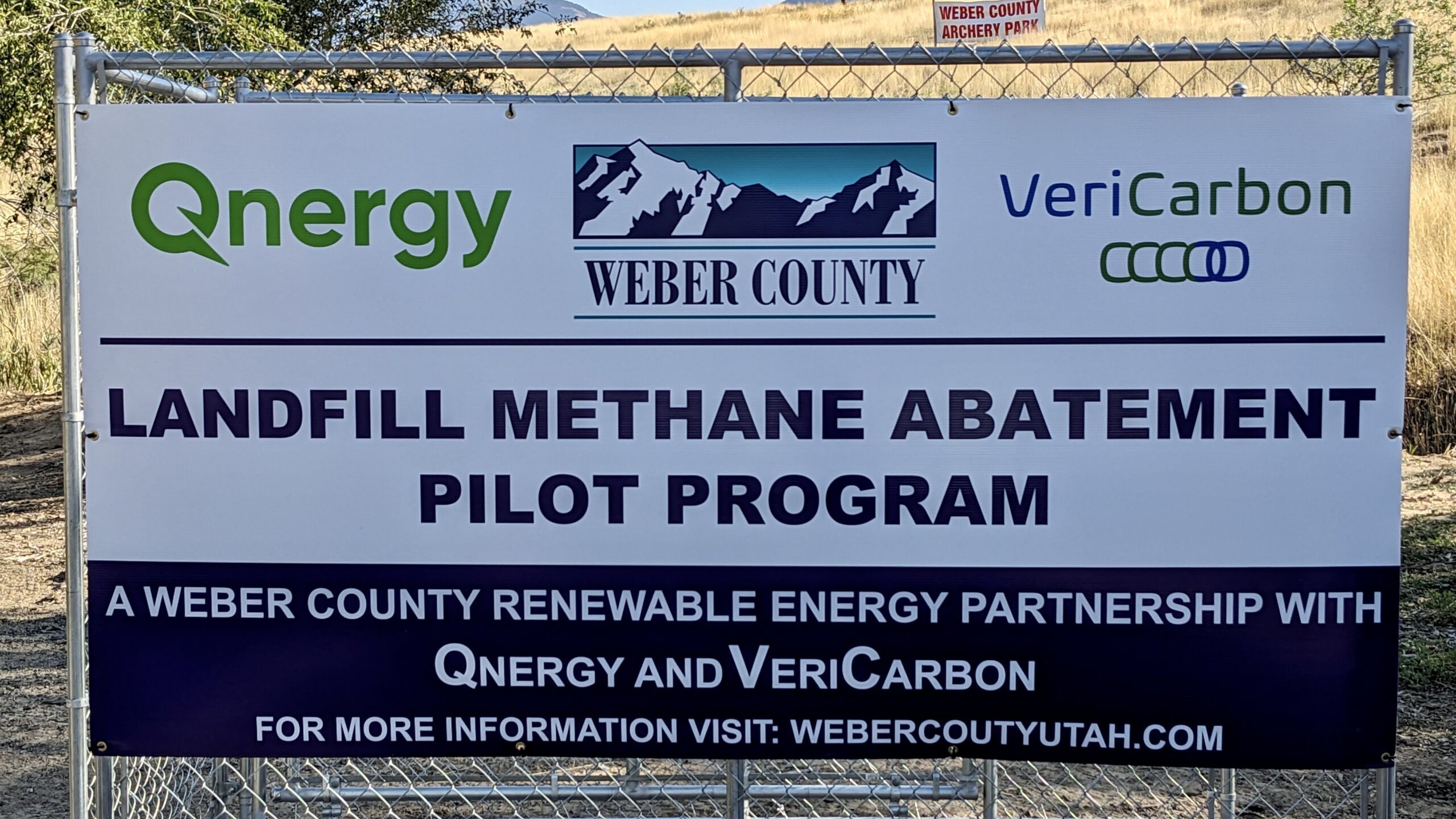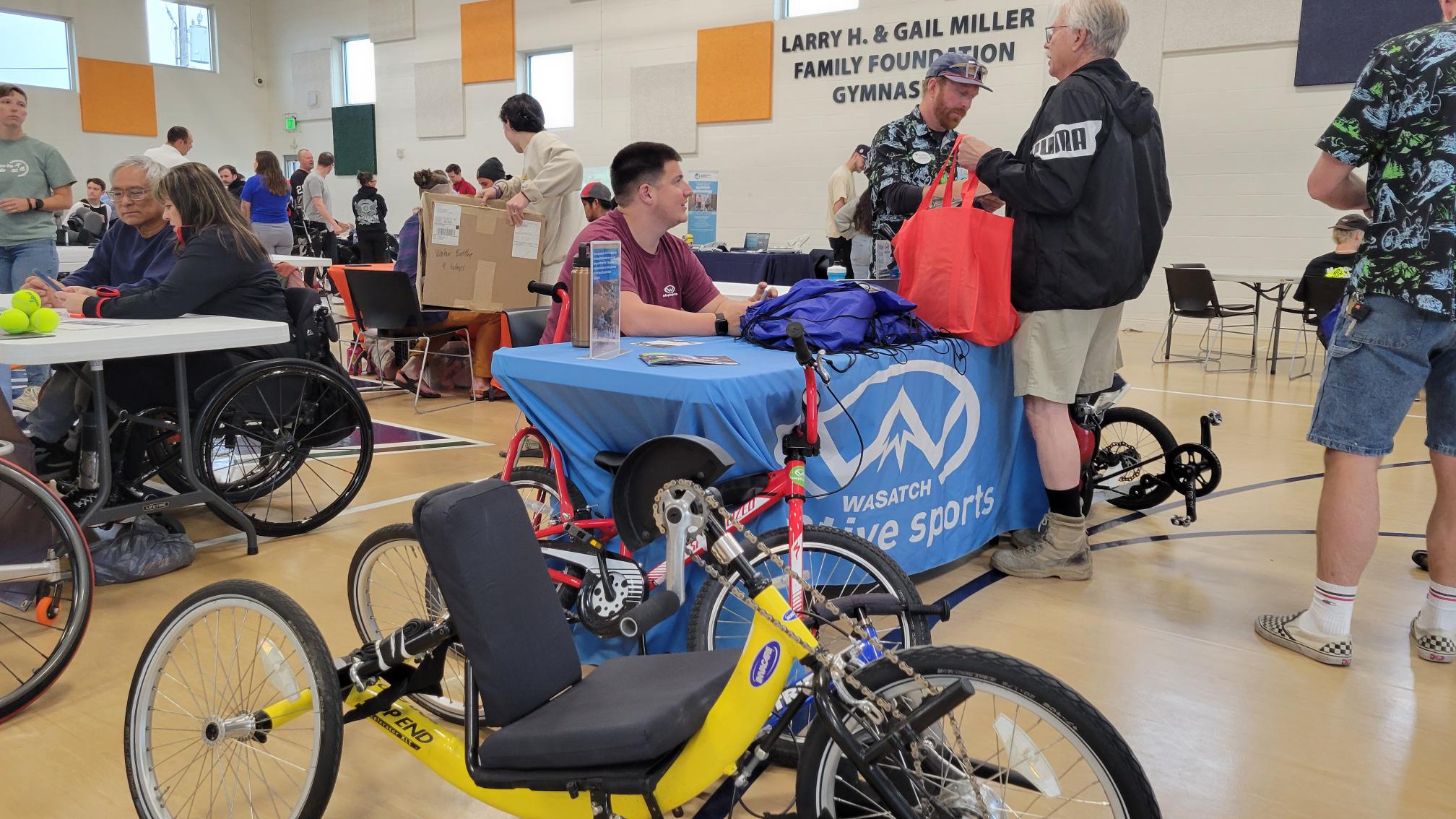Weber County partners with Qnergy to turn pollution into energy
Sep 23, 2023, 5:00 PM

Weber county partners with Qnergy to turn methane emissions from closed landfills into energy.(Weber County)
(Weber County)
OGDEN, Utah — Weber County is taking a significant step toward environmental sustainability by partnering with Qnergy. Qnergy will deploy the first-ever system in the state that converts landfill gas emissions into electricity and heat.
Weber County officially announced the partnership on September 14, 2023 at a closed Weber County landfill near Fort Buenaventura Park.
The initiative represents a proactive approach to addressing global environmental challenges locally.
Lisa Roskelley, the Outreach Director for Congressman Blake Moore’s office, emphasized the importance of such local solutions. She said, “When we take advantage of local solutions for global problems, then we have the opportunity to move the needle right here rather than waiting for someone else to do it. And that’s what Weber County is doing right here.”
What will Qnergy do?
Qnergy’s PowerGen will transform otherwise vented methane into usable electricity as a pilot project. Once the pilot project concludes, this innovative technology could significantly reduce methane emissions at thousands of closed landfills nationwide.
Qnergy’s PowerGen technology can convert methane from various sources into high-quality electricity.
What makes PowerGen particularly suitable for this application is its design, which offers 100% methane destruction with low maintenance.
Methane is responsible for 11.5% of greenhouse gas emissions. Methane emissions in landfills result from the decay and breaking down of organic waste.
When a landfill closes, it continues to emit methane. With more than 55 landfills, Weber County hopes to address the methane emissions from closed landfills.
Ory Zik, CEO of Qnergy, highlighted the global and local significance of the project, stating, “Globally because methane is such a pollutant, but there is no technology that can transport methane at this scale to closed landfills into this fuel energy, and now we get to prove that our technology is capable of doing it. And locally, we are delighted to be part of this community and have the installation about a mile from our facility.”
VeriCarbon is also playing a crucial role by developing carbon credits using American Carbon Registry methodologies to help monetize projects like this, making them more feasible for communities within the state and across the country.
Troy McKinley, President of VeriCarbon, explained, “We created VeriCarbon to fix what we saw was wrong with carbon markets. They’re very disjointed and inefficient, so we developed the software to efficiently take projects like this and run carbon credits through them.”
Weber County’s pioneering efforts in methane emissions reduction and sustainable energy production set a commendable example for addressing environmental challenges at the local level while contributing to broader global sustainability goals.













